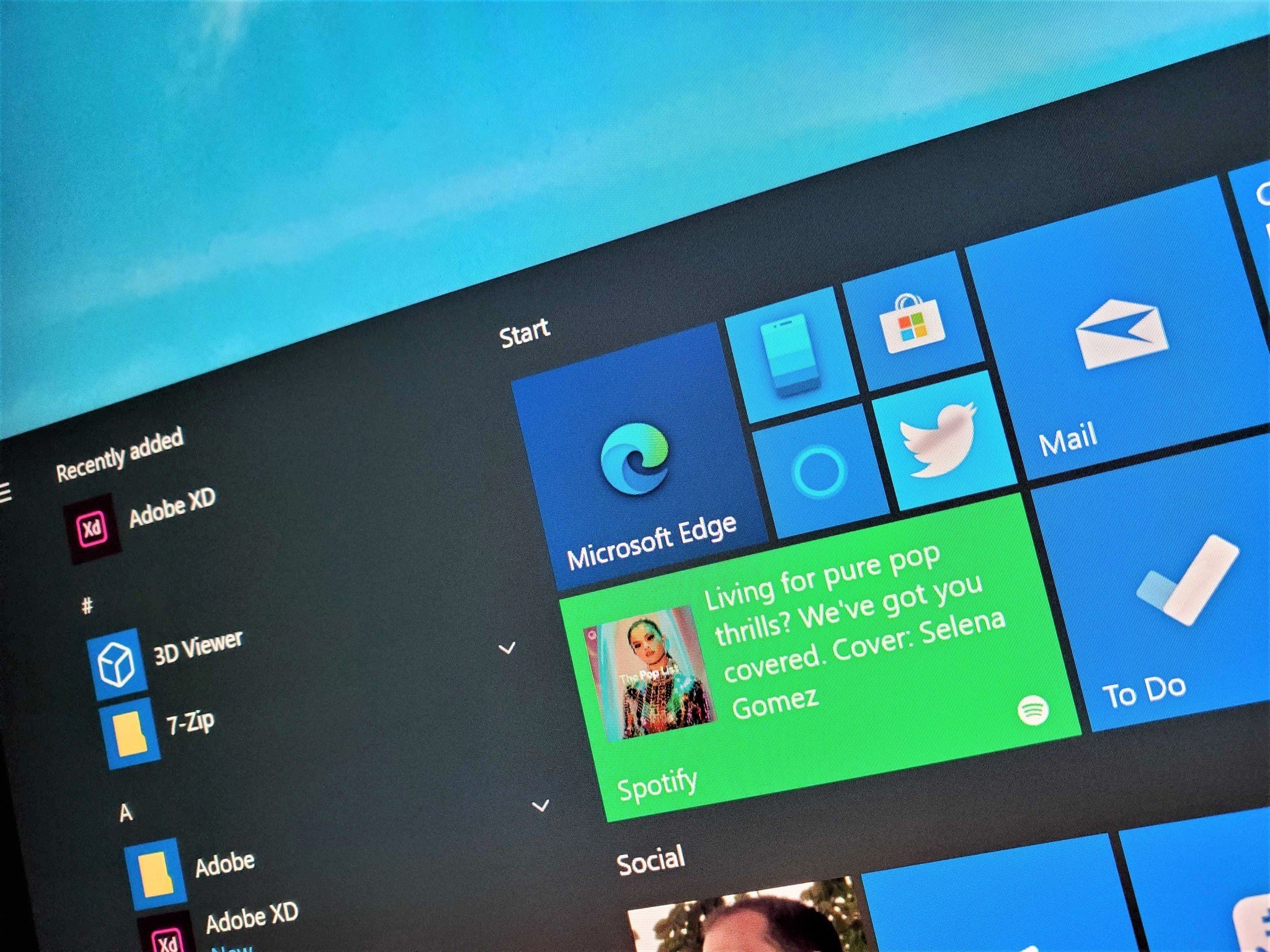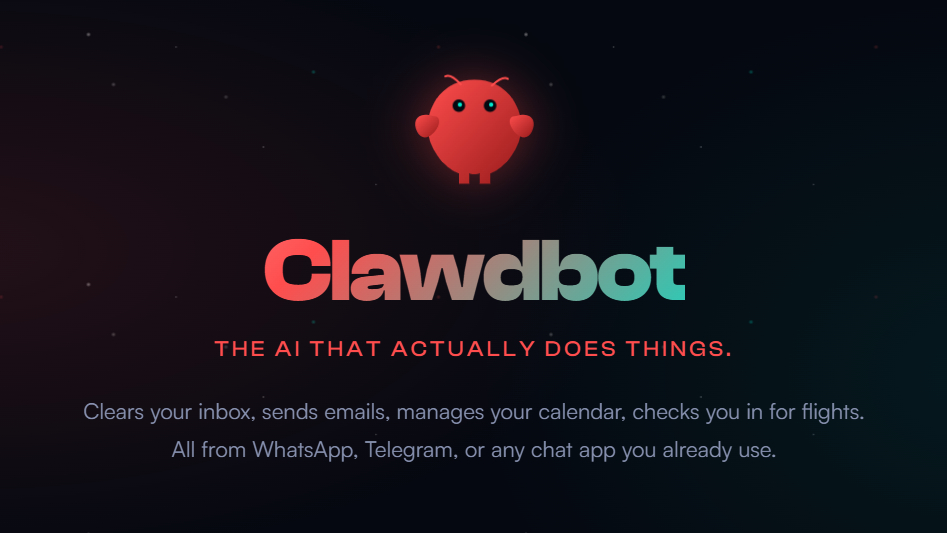Microsoft Edge steals No. 2 browser spot from Firefox? Not so fast ...
Edge seems to be on the rise, but has it really passed Firefox?

What you need to know
- Recent figures from NetMarketShare state that Edge passed Firefox in desktop browser market share.
- The increase moves Edge to second in desktop/laptop browser share, according to the report.
- A couple of details surrounding Edge and its market share raise some questions.
NetMarketShare recently shared data that states Microsoft Edge is the second most used desktop/laptop browser in the world. While it does seem that Edge's use is on the rise, a couple of things stick out regarding these figures that seem questionable. Firstly, NetMarketShare cannot deliver exact measurements of browser usage. It's a tool that can show trends for analyzing, but exact percentages can be inaccurate. Second, the report seems to combine the new and old versions of Microsoft Edge, which is odd considering how different they are.
NetMarketShare keeps track of a wide range of topics, including browser market share. NetMarketShare explains its methodology in an FAQ page:
We collect data from the browsers of site visitors to our exclusive on-demand network of analytics and social bookmarking products. We count sessions to our network sites, which are defined as a user active on a site with no more than a 30 minute inactive period. A user can have multiple sessions per day. The data is compiled from approximately 100 million valid sessions per month, widely distributed over thousands of websites. The information published is an aggregation of the data from this network of hosted websites. In addition, we classify 430+ referral sources identified as search engines. Aggregate traffic referrals from these engines are summarized and reported monthly. The statistics for search engines include both organic and sponsored referrals.
The methodology of NetMarketShare is more accurate than surveys and many other forms of data collection, but it isn't 100 percent accurate. Edge moving to 7.59 percent over Firefox's 7.19 percent should be treated more as evidence of a trend than an exact figure.
A larger concern is the fact that NetMarketShare's report doesn't list two versions of Microsoft Edge. Sometimes, listing different versions of the same browser wouldn't make much sense. For example, incrimental updates to Chrome shouldn't be listed as different browsers. But in the case of Microsoft Edge, there are two distinct browsers. Edge Legacy runs on EdgeHTML, whereas the new Edge runs on Chromium. These browsers share the same branding but have different rendering tools and features. NetMarketShare splits all of the major Internet Explorer versions into separate categories, so there's a precedent for splitting the two versions of Edge.
Just because there are questions regarding these figures and the fact that Edge passed Firefox doesn't mean that Microsoft Edge is doing poorly. It's impossible to judge the growth of the new Edge as it isn't even the default browser of Windows 10 yet. As it rolls out as the default to more people, and as the new browser matures, we'll be able to more accurately see how it stacks up against other browsers.
All the latest news, reviews, and guides for Windows and Xbox diehards.

Sean Endicott is a news writer and apps editor for Windows Central with 11+ years of experience. A Nottingham Trent journalism graduate, Sean has covered the industry’s arc from the Lumia era to the launch of Windows 11 and generative AI. Having started at Thrifter, he uses his expertise in price tracking to help readers find genuine hardware value.
Beyond tech news, Sean is a UK sports media pioneer. In 2017, he became one of the first to stream via smartphone and is an expert in AP Capture systems. A tech-forward coach, he was named 2024 BAFA Youth Coach of the Year. He is focused on using technology—from AI to Clipchamp—to gain a practical edge.
